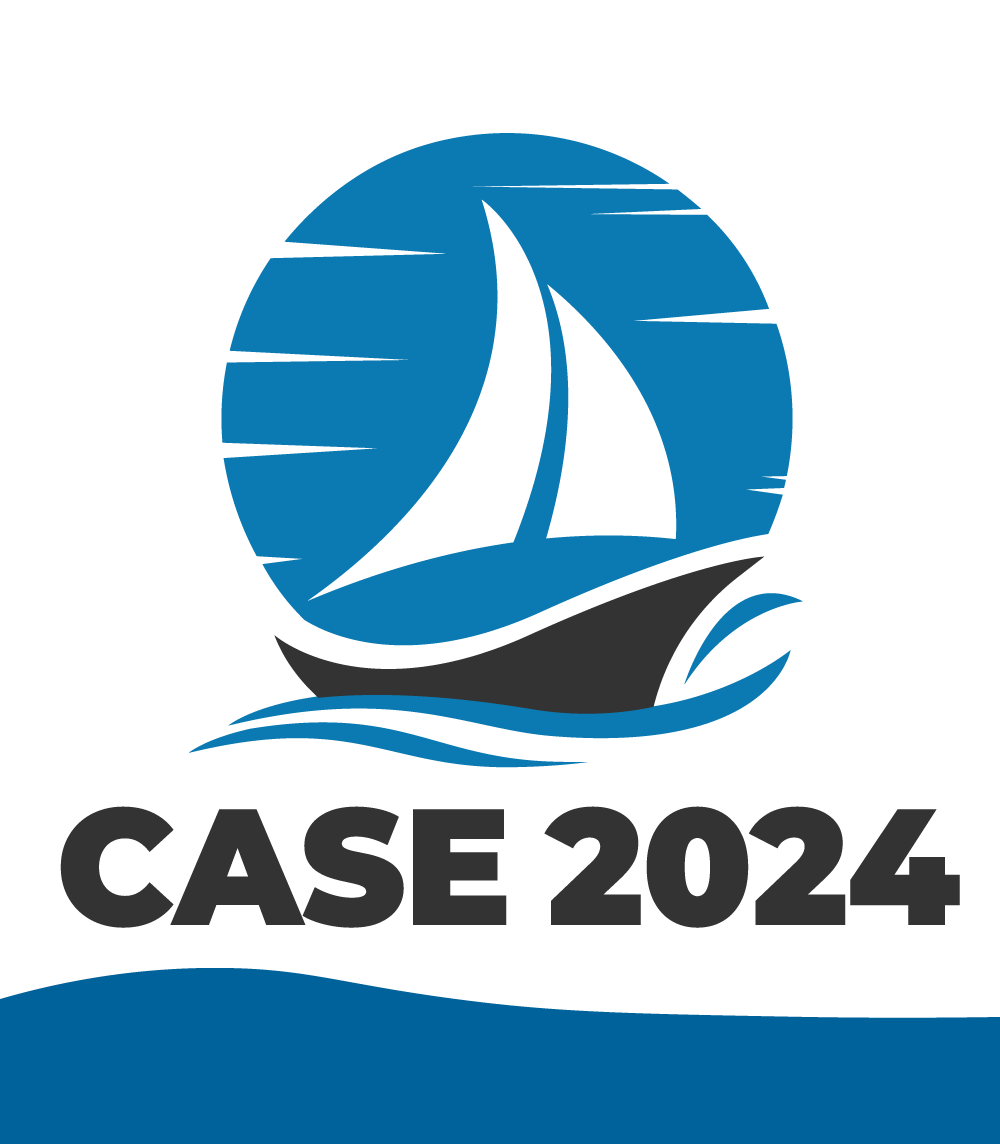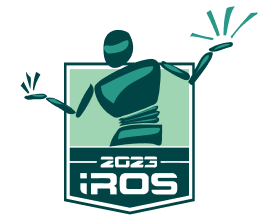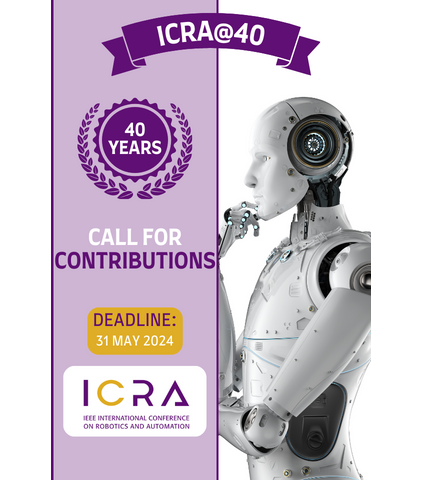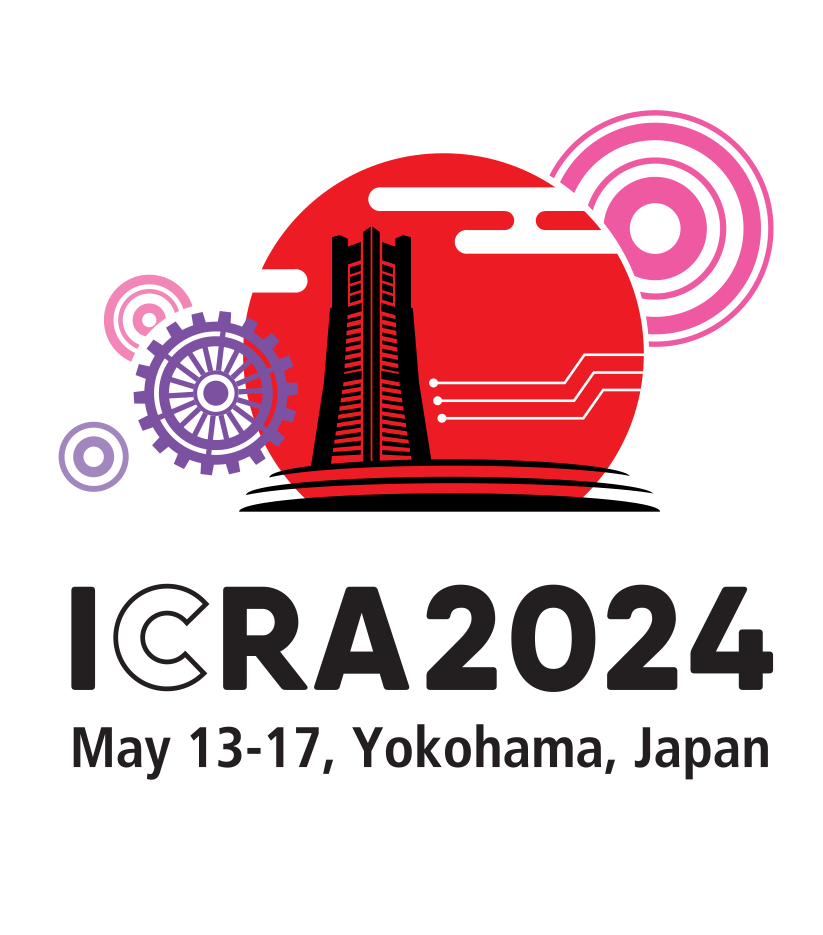Congratulations to Lydia Kavraki, Recipient of the 2023 IEEE Frances E. Allen Medal
Kavraki invented algorithms that improve the efficiency and capabilities of robots, enable scientists to simulate the interactions of proteins, and reveal how to make search efficient for problems arising in the physical world.
The IEEE Robotics and Automation Society (RAS) is most pleased to announce that RAS Member Lydia Kavraki has been selected as the recipient of the prestigious 2023 IEEE Frances E. Allen Medal. Professor Kavraki was selected “for foundational probabilistic algorithms and randomized search methods that have broad impact in robotic motion planning and computational biology.”
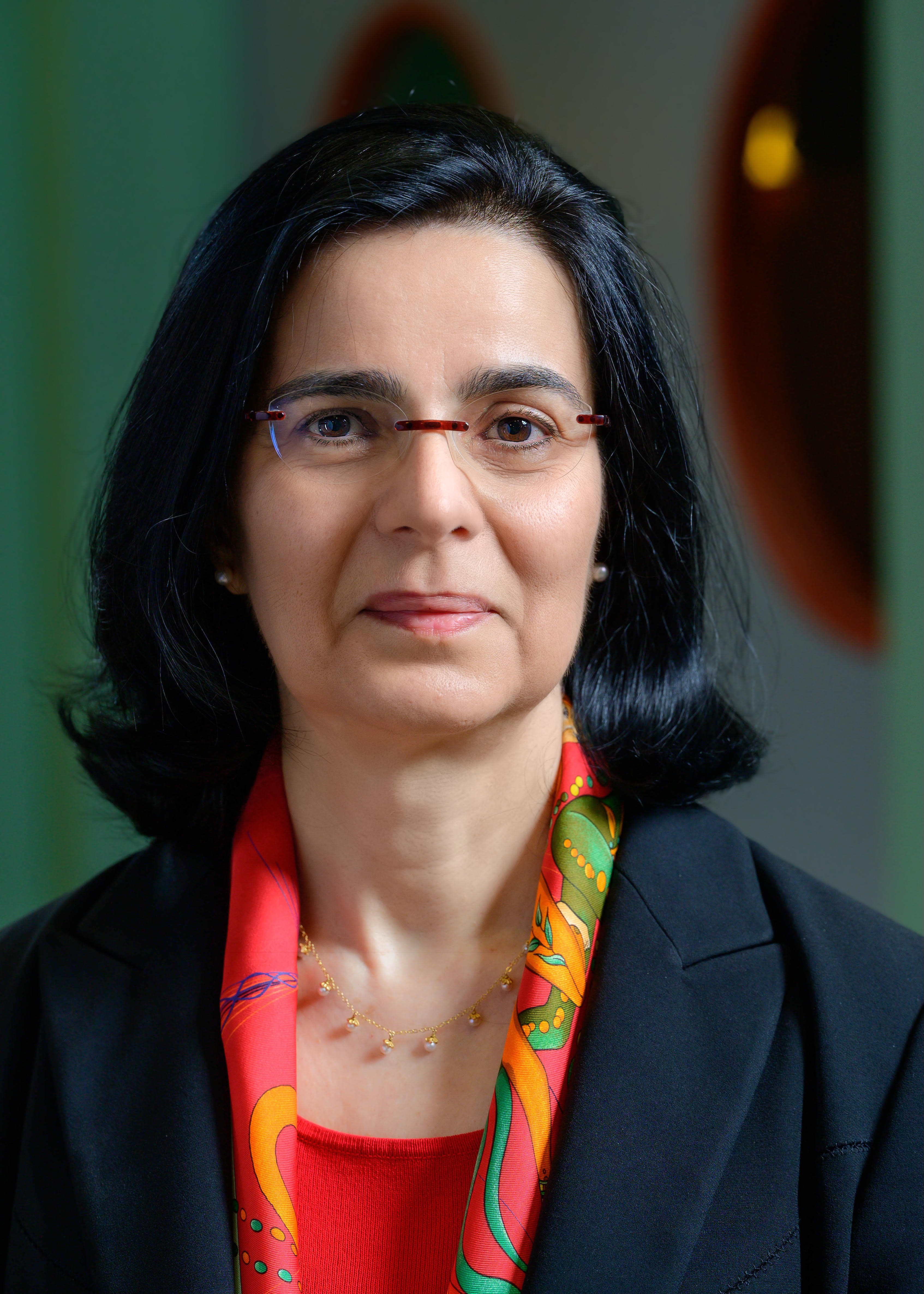 |
Lydia E. Kavraki revolutionized the field of algorithmic robotics and searching in continuous domains. Her contributions have had a broad impact in both robotic motion planning and computational biology. Twenty-five years ago, Lydia introduced the world to the simple yet effective methodology of sampling-based planning (SBP), which at the time was a departure from the predominantly discouraging results in the field of robot motion planning. Her early work on the Probabilistic Roadmap Method (PRM) and subsequent completeness analysis marked the dawn of a new era in which previously unsolvable problems in robotics and other domains, such as assembly and maintenance, digital animation, and biotechnology, were suddenly efficiently solvable with only moderate programming effort. Kavraki’s influence extends beyond motion planning, as her methodology has been applied to a wide range of problems and settings, including kinodynamic systems. She has also made significant contributions to the field of bioinformatics, where her techniques have been successfully adapted to the challenging spaces of structural molecular biology and drug design. In addition to her research, Kavraki has been a dedicated mentor and educator, guiding numerous students and postdocs throughout her career. She also co-created the Open Motion Planning Library (OMPL) with Mark Moll, which disseminates SBP algorithms via a meticulously crafted open-source software library. The OMPL has made it easier for a vast audience to access the tools and solutions developed by Lydia and her team without the need for developing their own software or understanding the algorithmic intricacies. Kavraki is now working with NASA to advance the capabilities of robots designed for space missions, including the Space Gateway, humanity’s first space station in lunar orbit and the portal for NASA’s ambitious deep-space exploration plans. With applications from the molecular level to the stars, Kavraki’s work is a shining example of great talent and total devotion. An IEEE Fellow, Kavraki is the Noah Harding Professor of Computer Science at Rice University in Houston, Texas, USA. |
About the IEEE Frances E. Allen Medal
Sponsored by IBM and named in honor of computing pioneer Frances E. Allen, the IEEE Frances E. Allen Medal was established by the IEEE Board of Directors in 2020; it honors “innovative work in computing leading to lasting impact on other aspects of engineering, science, technology, or society.” More information on the Medal and its history can be found here; a list of past winners is available here.



